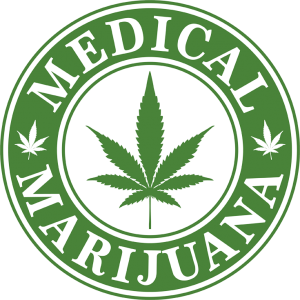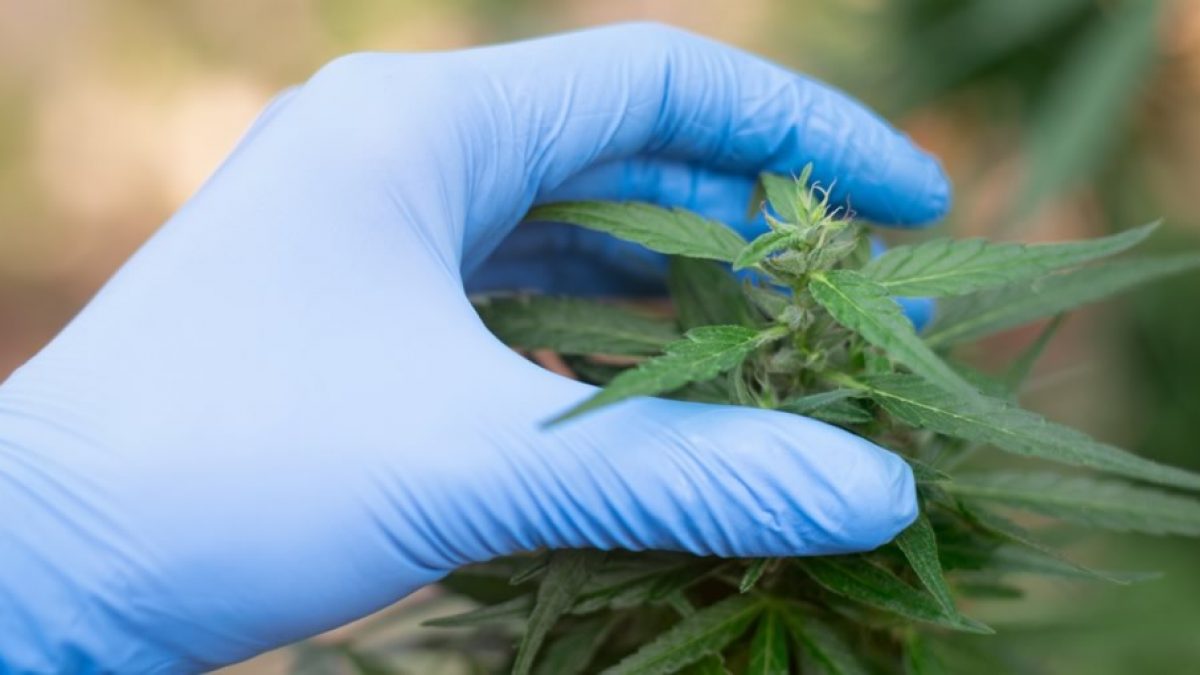Using the Potential of Medical Cannabis: Comprehending Its Duty in Promoting Health and Alleviating Health Issues

The Science Behind Medical Marijuana
The efficacy of medical marijuana in dealing with various wellness problems is rooted in its interaction with the endocannabinoid system within the human body. This complex organic system plays an important function in managing various physical procedures such as hunger, pain memory, state of mind, and sensation. The energetic substances in medical cannabis, referred to as cannabinoids, resemble the endocannabinoids created normally by the body, binding to cannabinoid receptors to modulate these physical functions.
One of the key cannabinoids discovered in clinical cannabis is cannabidiol (CBD), which is non-psychoactive and has been studied for its possible healing effects. CBD engages with the endocannabinoid system by preventing the break down of endocannabinoids, leading to boosted degrees of these compounds in the body. This system is thought to add to the anti-inflammatory, analgesic, and anxiolytic homes of CBD, making it an appealing choice for problems such as persistent pain, anxiety conditions, and inflammatory conditions. By recognizing the scientific research behind how medical cannabis connects with the endocannabinoid system, researchers can proceed to explore its potential in advertising wellness and easing different wellness issues.
Restorative Properties of Marijuana
Recognizing the complex communications between cannabinoids and the endocannabinoid system drops light on the therapeutic residential or commercial properties of cannabis for various health conditions. Cannabinoids, such as tetrahydrocannabinol (THC) and cannabidiol (CBD), are the main compounds accountable for the medicinal advantages of marijuana.
Researches have actually demonstrated the efficiency of medical marijuana in alleviating symptoms related to persistent discomfort, multiple sclerosis, and chemotherapy-induced nausea and vomiting - Medical Cannabis Clinic. Additionally, marijuana has revealed promise in treating psychological wellness problems like anxiousness, clinical depression, and post-traumatic stress disorder (PTSD)
Additionally, the anti-inflammatory homes of cannabinoids make marijuana a prospective therapy alternative for inflammatory problems such as arthritis and inflammatory bowel illness. The therapeutic potential of marijuana continues to be explored through study, using brand-new insights right into its function in advertising wellness and dealing with a wide variety of wellness concerns.
Medical Marijuana for Persistent Discomfort
Discovering the efficiency of medical cannabis in handling persistent discomfort reveals its potential as a sensible therapy option for people looking for option pain relief approaches. Persistent pain affects millions worldwide, commonly causing a lessened quality of life and reliance on conventional pain medications that may feature unwanted negative effects or threats of dependency. Medical marijuana, with its active compounds like THC and CBD, has actually revealed pledge in reducing persistent discomfort by connecting with the body's endocannabinoid system to manage pain perception.
Researches have indicated that clinical cannabis can successfully minimize neuropathic pain, arthritis-related discomfort, and discomfort related to problems like several sclerosis. Its anti-inflammatory homes can additionally add to pain relief in problems such as fibromyalgia. Furthermore, medical marijuana provides a much more all-natural strategy to discomfort administration, potentially minimizing the demand for opioids and other pharmaceuticals with harsher adverse effects.
As research into the advantages of clinical cannabis for persistent discomfort remains to expand, its duty in offering alternative discomfort relief solutions becomes progressively substantial for clients and doctor alike.

Cannabis for Anxiousness and Tension
Research study shows the possibility of marijuana in mitigating symptoms of stress and anxiety and stress and anxiety, offering a promising opportunity for those looking for choice healing alternatives. Anxiety and stress prevail psychological health and wellness concerns that can considerably influence a person's well-being and daily performance. Typical treatments such as treatment and medication might not always work for every person, leading to a growing interest in different solutions like medical marijuana.
Cannabis consists of substances called cannabinoids, such as cannabidiol (CBD) and tetrahydrocannabinol (THC), which communicate with the body's endocannabinoid system to regulate numerous functions, including mood and tension responses. Researches have revealed that CBD, specifically, has anxiolytic homes, implying it can help in reducing anxiety degrees. THC, on the other hand, might supply leisure and mood-lifting effects that can be advantageous for managing tension.
Private reactions to cannabis can vary, so it is essential for people thinking about marijuana as a treatment alternative for stress and anxiety and stress to talk to health care professionals knowledgeable regarding clinical marijuana to figure out the most suitable items and dosages for their demands.
Marijuana in Epilepsy Treatment
With the tried and tested effectiveness of marijuana in resolving stress and anxiety and stress, focus has transformed in the direction of its possible function in the therapy of epilepsy. Epilepsy is a neurological condition identified by persistent seizures, which can significantly affect a person's lifestyle. For individuals whose seizures are not properly controlled with traditional therapies, exploring different restorative alternatives such as medical marijuana has become progressively pertinent.
Research on making use of marijuana for epilepsy is still developing, yet there is growing proof to recommend additional info that certain compounds in marijuana, such as cannabidiol (CBD), may provide anticonvulsant effects. CBD, specifically, has revealed promise in decreasing the regularity and severity of seizures in some individuals with epilepsy, bring about the authorization of Epidiolex, a CBD-based drug, for the treatment of certain sorts of seizures.
While more studies are needed to completely recognize the mechanisms behind cannabis' possible advantages for epilepsy and to determine the most reliable solutions and dosages, the present findings show an encouraging future for incorporating medical marijuana right into epilepsy therapy strategies.
Verdict
In conclusion, clinical marijuana has actually shown encouraging restorative residential or commercial properties in treating numerous health concerns such as chronic pain, tension, epilepsy, and anxiety. Understanding visit this page the duty of medical marijuana in healthcare can lead to better treatment alternatives for patients looking for option remedies.
From chronic discomfort management to anxiousness relief and also in the therapy of epilepsy, the role of clinical marijuana is diverse and appealing. Medical Cannabis Clinic.Exploring the effectiveness of clinical cannabis in handling chronic discomfort discloses its possible as a feasible therapy choice for people seeking choice discomfort alleviation techniques. Clinical cannabis, with its energetic substances like THC and CBD, has actually revealed promise in alleviating chronic pain by engaging with the body's endocannabinoid system to control discomfort assumption
Studies have suggested that clinical marijuana can successfully minimize neuropathic pain, arthritis-related discomfort, and pain linked with conditions like several sclerosis.In verdict, medical cannabis has actually her explanation shown encouraging healing buildings in dealing with different wellness concerns such as persistent discomfort, epilepsy, stress and anxiety, and stress and anxiety.